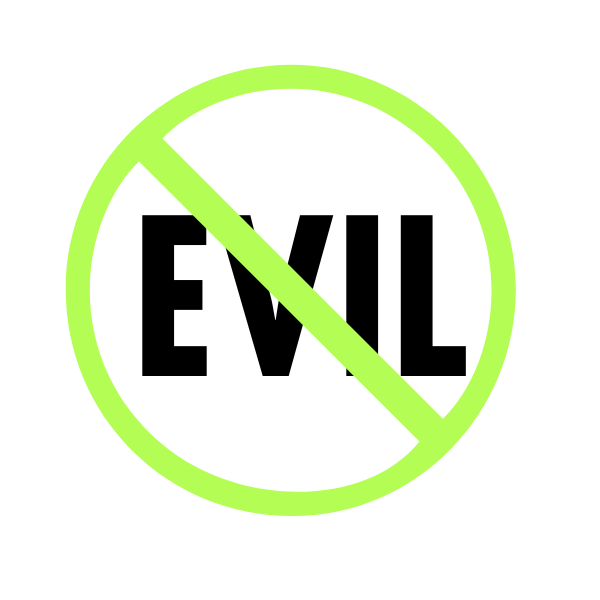Over the past several years, some people have compared Donald Trump, either literally or figuratively, to Adolf Hitler. While these comparisons may initially seem like hyperbole, they have begun to have real-world consequences, culminating in events like the July 13th assassination attempt on Donald Trump. What was once an extreme rhetorical flourish is now endangering lives and undermining civil discourse.
Let’s be clear: only the most un-American and undemocratic individuals believe that violence is an acceptable response to political differences. In the United States, we have long prided ourselves on our peaceful transitions of power, the ability to debate ideas, and the belief that differences in opinion are not resolved through physical force. Unfortunately, on July 13th, a disturbed individual believed he was killing Hitler and sought to justify violence as a means to political ends.
It’s critical that we dispel these dangerous comparisons and return to a place where disagreements are handled through dialogue, not demonization. Donald Trump is not Hitler, and the following comparisons help drive home that point:
1. Ideology and Goals
- Hitler: Adolf Hitler led a genocidal regime that explicitly aimed at the extermination of entire ethnic groups, primarily Jews, while seeking to impose Aryan supremacy across Europe and beyond. His actions led to the deaths of millions and caused one of the worst humanitarian crises in history.
- Donald Trump: Trump’s policies, whether one agrees with them or not, have focused on economic reform, immigration control, and national security. While controversial, none of these policies bear any resemblance to the ideologies of genocide or racial extermination. Trump’s “America First” agenda has been nationalistic but has not advocated or resulted in mass atrocities against specific ethnic or racial groups.
2. Approach to Power
- Hitler: Hitler sought to establish a totalitarian state, eliminating any political opposition, free press, or civil liberties. The Nazi regime quickly abolished democracy, ruled with an iron fist, and murdered anyone who dared oppose it.
- Donald Trump: Trump was elected through democratic processes, governed under a system of checks and balances, and left office when his term ended. While many criticize his rhetoric, his administration never eliminated freedom of speech or the press, and political opposition remained active and vocal throughout his presidency. In contrast to Hitler’s dictatorship, Trump’s presidency operated within the framework of a constitutional republic.
3. Foreign Policy
- Hitler: Hitler aggressively sought global domination, initiating the most devastating war in modern history—World War II. His expansionist policies sought to take over Europe by force.
- Donald Trump: Trump’s foreign policy was characterized by a combination of military restraint and economic diplomacy. He did not initiate any major wars during his time in office and worked to reduce U.S. military involvement overseas. His focus on trade deals and rebalancing global partnerships stands in stark contrast to Hitler’s imperialistic ambitions.
4. Human Rights Record
- Hitler: Hitler was responsible for the Holocaust, one of the most horrific human rights violations in history. His regime instituted death camps, extermination programs, and draconian laws that stripped people of their humanity based on race and religion.
- Donald Trump: While Trump’s immigration policies, particularly family separations at the border, have been hotly debated, they bear no resemblance to Hitler’s calculated, systematic extermination of millions. These policies were criticized, but they were not part of an ideology of racial purity or extermination.
5. Personal Legacy
- Hitler: Hitler’s legacy is that of a brutal dictator whose name is synonymous with evil. His actions left a permanent scar on human history and a blueprint for the worst kind of tyranny.
- Donald Trump: Trump’s legacy, though highly divisive, is more about political populism and controversial economic and immigration policies. He remains a polarizing figure, but to compare him to one of history’s greatest mass murderers is to distort reality and undermine the gravity of Hitler’s atrocities.
In summary, Donald Trump is not Adolf Hitler, and such comparisons do a disservice to both the victims of historical atrocities and to today’s political discourse. America’s strength lies in its ability to engage in passionate debate, to uphold democratic institutions, and to oppose violence as a means of resolving differences. It’s time to reject extreme, unfounded comparisons and focus on addressing our nation’s challenges with reason and integrity.
